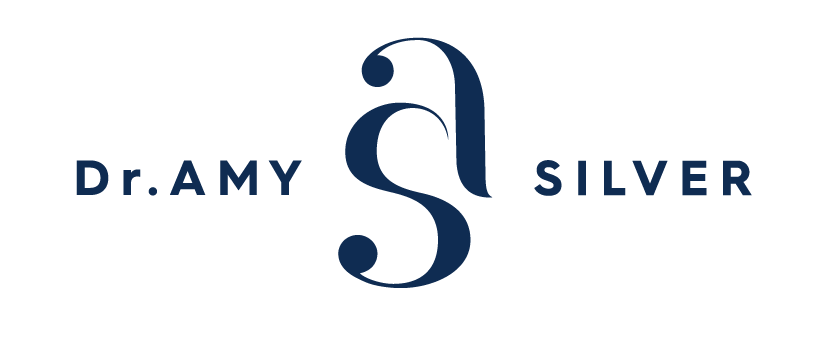Better Together
How to Speak with Compassion and Courage at Work
Communication to upgrade our collective intelligence
This program activates capability by growing skills in the behaviours of good communication.
When run in an organisation it grows trust, collaboration, open and honest communication and creativity through working better together.
people not speaking up in meetings
a dominance or frustration in those who take disproportionate airtime
a frustration in those who watch others take disproportionate airtime
a lack of dissent in the room but evidenced later when projects fail
people avoiding giving or receiving feedback
a reliance on leadership to have the difficult conversations
avoidance of difficult conversations
avoidance of shared accountability (blame, judgment, finger-pointing)
too many people in meetings
collaboration becoming over consultation
people sitting on good ideas or questions
psychological safety and trust need to be increased to maximise collective intelligence
Ways to buy this program
training day for all colleagues (16 per one-day workshop)
leaders program (90mins/half day/whole day)
whole culture program for organisations or large divisions
Where is your culture right now?
The collective can achieve so much more than the individual. New and novel ideas, diverse perspectives, and innovative solutions can’t happen without collective intelligence.
Collective intelligence doesn’t exist without communication. We must develop trust, empathy, and courage with every conversation if we are to survive in our VUCA environment, be competitive in our market, and attract and retain the best talent.
“A guru in courage, leadership and culture.
And just one of the nicest people you'd ever meet.”
Manager L&D, key contact for the whole organisation Better Together program completed at UniSuper.
Communication Habits
Head in the game: We are consciously choosing to be courageous with what we say and compassionate in our connections. This gives us the diversity of thought, collective intelligence, trust and engagement we desire.
Head in the sand: We avoid giving or asking for feedback, we don't challenge the status quo, we don't give our opinions and we agree readily. Difficult conversations are avoided or ignored.
Head down: We prefer to stay silent, abstain from decisions, become disengaged from making a difference. We allow conversations to happen around us and avoid accountability.
Head first: We give messages and content quickly, unaware of the impact that has on others or our own longer-term relationships. We prioritise efficiency and control over trust and safety.
Communication is the primary tool that we use to get work done.
High-performance teaming and excellence in customer service requires a conscious choice to communicate in a way that is courageous and compassionate.
that we use to get work done.
High-performance teaming and excellence in customer service requires a conscious choice to communicate in a way that is courageous and compassionate.
Excerpt from the powerful video curriculum that supplements the live training environment.
Participants will understand:
What good and bad communication looks like and the impact of both
How collective intelligence relies on psychological safety
How we are all responsible as facilitators of the culture in which we communicate
Why we become unconscious of our communication and the impact
this can haveThe role of self-awareness in good communication and decision-making
How to be courageous
Building trust for influence
Key characteristics of good communication.
The organisation gains:
Increased employee engagement and collaboration
More active participation and contribution in meetings
More openness and comfort in sharing and acknowledging diverse thoughts
Increased psychological safety and trust for transparent discussions about performance and behaviour
Uplift in the use of skills to speak and the courage to listen.
Program Format
Better Together is customised to fit your needs, from a one-day workshop for a single team to an organisation-wide program. We also offer supporting online curriculums, keynotes, leadership workshops, executive coaching and offsites.
Program highlights can include:
▶ Discovery sessions with Culture/Capability/ELT
▶ Work with ELT to ensure buy in and capability within team (this can be an offsite)
▶ A two-hour Leadership Workshop to:
Give leaders responsibility to lead the formation of trusted and trusting relationships
Show leaders how to create trust one on one
Give leaders the skills to foster courageous conversations
▶ A one-day Team Workshop to:
Understand the responsibility to 'team' rather than being passive in our contribution
Explore how to move through the emotions necessary for honest conversations
Speaking up
Connecting up
Psychological safety
How to manage our emotions for conversational excellence
What is difficult for me and what do I want to focus on for our benefit
How to have difficult conversations
Role model the empathy and compassion that creates trust, connected conversations and influence
Have honest conversations about team relationships and communication - and what needs to change
▶ Online programs
Difficult Conversations: Three videos talking people through the pre, during and post conversation
questions that we can ask ourselves to prepare a safe and constructive conversationConversations Create Growth: Seven mini videos helping people reframe the value of light and
fast ongoing conversations as opposed to avoiding or delaying conversations that could help growth of individuals or business.
Program participants will also receive a copy of Dr Amy Silver’s book Conversations Create Growth







Amy understands how to help people bring all they have to the table. She can quickly see how people limit themselves and, in a non-threatening way, pushes them to give more. We have seen revenue increase by 37% YTD. In addition to this staff engagement has dramatically increased and attendance has been the best it’s been since the business inception.